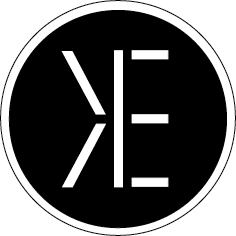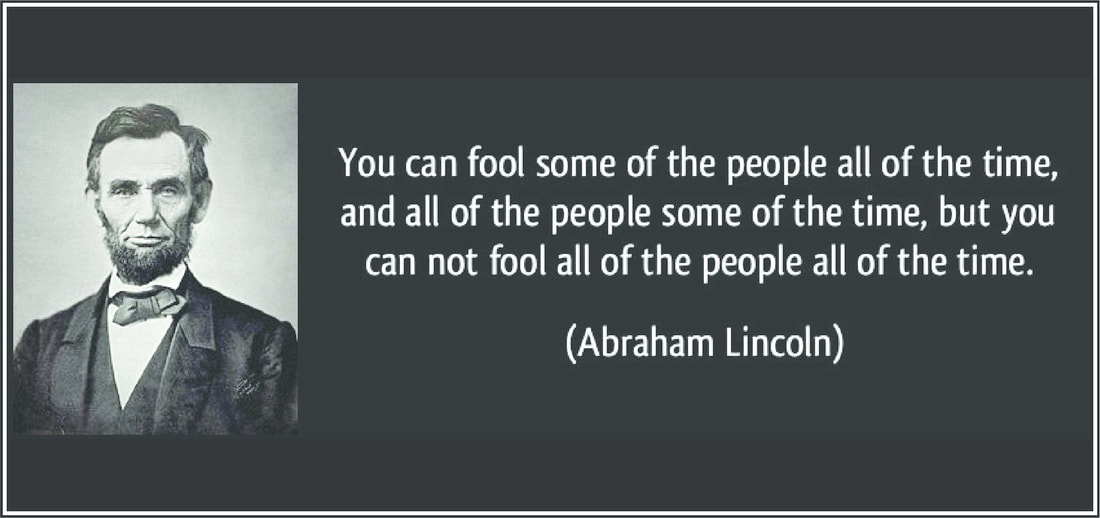|
I've interviewed and hired a lot of people throughout my career so far. A surprising number actually - largely as a function of the roles that I've had over the past 10 years. At BYU, I was a manager over the on-campus computer labs. At Goldman Sachs, I helped establish and expand a product management team in Salt Lake City. Both of those roles entailed quite a bit of hiring, so I learned a few things about hiring the best people. And one thing in particular has stood out to me recently as a real key to doing just that, and it involves the interview process. Particularly making sure that a small group of people don't make the wrong decision. Get candidates in front of the best people Hopefully in your organization you feel like you're overflowing with some of the best people in the business. When I was managing the computer labs at BYU, we had between 50 and 75 employees at any given time. And given the fact that they were student employees, turnover was inevitable as people graduated or moved on to other things. As part of a larger organization shift that I was orchestrating - to focus on getting more leaders into the organization - I changed the hiring process as well. It was no longer one or two people doing an interview and making a hiring decision, but six or seven people. And it wasn't just management. We started bringing in our supervisors and lab employees, not as passive participants, but as active members in the interview process. Everyone was allowed opportunities to create their own interview questions, pose those questions to our prospective candidates, and offer their valued feedback afterwards. I did this primarily for two reasons. First, I wanted to establish a process that could continue after I left. Getting the up-and-coming leaders ready to take the reins was an important factor. But once we hired the best people, I also wanted to get their opinion of new hires. While I certainly trusted my own perspective, I knew that it was just one perspective. I valued other points of view, and felt it would be a missed opportunity not grow future leaders. Get ready for lots of interviews Goldman Sachs gets interviewing right. If you've ever heard of their hiring process, you've probably heard it can involve lots of interviews. And that's very true, at least in my experience. A dozen interviews wouldn't be strange at all. I recall scenarios when it could have even been 20 interviews. As a candidate, that sounds absolutely terrible, I know. But the purpose (at least in my group) wasn't to try and wear someone down. It was to give everyone a chance to meet the person they may be working with and give their opinion. I recall the first week after I had joined the firm, we were interviewing for an additional spot on the team. I was given a resume by one of my colleagues and told to join him in an interview. I was a bit confused since I didn't know the role well enough to have any idea what a good candidate would be (I was struggling just to take everything in at that point). But that didn't matter. It was going to be someone I'd be working with, and I needed to give input. I recall about 10 people interviewing the candidate that day, and we all gathered at the end of the interviews to discuss our thoughts. Everyone was expected to give their opinion and vote whether to bring the person back for more interviews or to pass on them. I don't recall specifics on what I said or how I voted, but that same process stayed true for my entire time at Goldman. Top to bottom One of the best things about the hiring process at Goldman was that it was top to bottom. New employees were expected to given opinions and weigh in just as much as managing directors. Not to say that votes were always weighted the same, but if anyone on the team had a legitimate reservation, it was taken seriously by everyone. After about a year on the team, our manager got a promotion and was heading back to New York, which meant finding a new manager for her previous position. As part of that process, the three of us on the team had the chance to interview all the candidates who were potentially going to be our manager. I'm not sure how frequent something like that happens elsewhere, but we had the chance to voice concerns and help narrow the field to the people we thought would best lead our group. And we eventually made an excellent decision. I made sure that this same pattern followed as I progressed in my career at Goldman and became a Vice President there. I had the opportunity to take leadership for that team and expand it significantly. Throughout the process, every single member of our team had the chance to interview candidates. Whether it was summer interns or more senior openings, we had everyone involved. Time and effort up front That probably sounds like a lot of time and effort. And it is. Hiring is a lot of work. But putting in the effort up front always pays off multiple times over in the end. Something that has always struck me is how different interviews can be based on the candidate, the day, the interviewer and their background, and any number of other factors. I've had team members who liked to play hardball and ask tough questions. I've had others who like to have a nice chat and make the interviewee feel really comfortable. And that's the point. Since everyone on the team has a unique background and perspective, they are going to see things that others may miss. They are going to take a different angle. All of that leads, in my opinion, to finding the best candidates. In a round of interviews a few years ago, I remember being impressed by a candidate. They were well-spoken, easy to talk to, knowledgeable and overall really good. That was my experience and the experience of one other person on my team. But the somehow the rest of the interviews with the same candidate went really bad. As a result, all the other members of the team wanted to pass on the candidate. I was perplexed at how it could have been so different for several members of my team, but that was fine. We passed. What would have happened if I was making the decision in that case based on just my interview? I think we would have ended up with a subpar teammate. And that is unfortunately something I've seen happen. In another scenario (one that I wasn't part of unfortunately, but had implications for me), a hiring decision was based on one or two interviews. They were looking to hire someone quickly and did. Unsurprisingly it was a bad decision. While the candidate had a good resume and talked a good game initially, it became clear after a few weeks that they really didn't have the experience they had claimed. I believe that if a few more people had been involved in the hiring process, especially with some different perspectives (like a product manager perspective!), this issue could have been avoided. It's got to be real I'm not suggesting that the hiring process be a formality either. I've been invited to interviews where my opinion wasn't valued, and I could tell that I wasn't really going to get a say in the ultimate decision. That is just as bad as not being involved at all, if not worse. I voiced some serious concerns, but since the hiring manager liked the candidate, no one else's opinion mattered. They wanted a rubber stamp, not input. Getting your team involved in the hiring process isn't just about getting their buy-in, though that is a nice outcome of their involvement. It has to be about getting their input to make the best decision. That means that concerns have to be taken seriously. It may be that the group overrules one or two people, but it has to be done by weighing the positives and negatives and ultimately getting to the point where those in opposition can at least disagree but commit. I've been in that situation. It may not be the outcome I wanted, but I knew that the team was looking for the same outcome as me, which was the right person for the role. So I trusted them enough to disagree and commit. It's unfortunate when we're not willing to put in the right work to get the right people. I've seen organizations that will spend months vetting possible vendors for relatively minor contracts, getting dozens of people involved in the process and spending countless hours. But then only spend a few interviews and a few hours for a hiring decision that will have a bigger impact for a longer time.
If we do interviewing right, we can get the right people. But it often involves getting lots of folks involved. It can involve quite a few interviews. And a bit of time. And perhaps most importantly setting aside one's ego. Like the quote at the beginning (attributed to Lincoln, but it may not have been him), you can't fool everyone all the time. So getting lots of your team involved in the interviewing process is one way to ensure that your making a good decision for now and for the long term.
1 Comment
|
AuthorMy personal musings on a variety of topics. Categories
All
Archives
January 2023
|


 RSS Feed
RSS Feed
